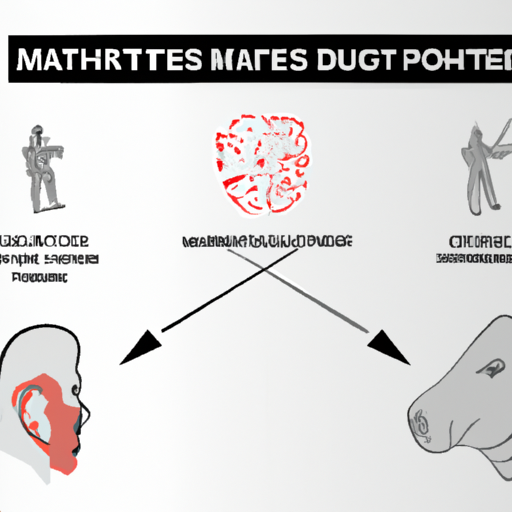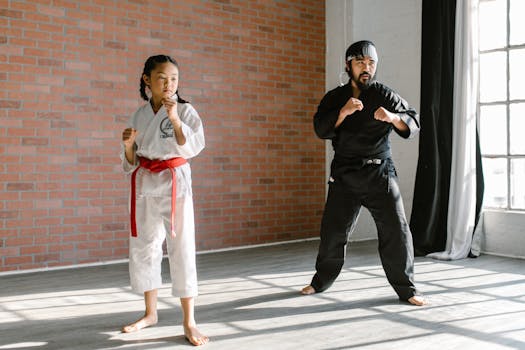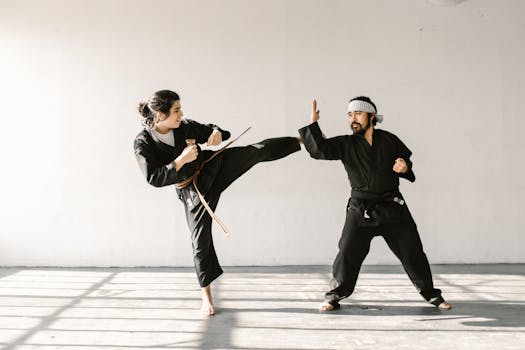What Factors Really Matter When Predicting UFC Fight Outcomes?
Introduction When it comes to predicting the outcomes of UFC fights, numerous factors come into play that can sway the odds in one direction or another. Understanding these elements is crucial for fans, bettors, and even the fighters themselves. This article delves into the various aspects that are significant in predicting UFC fight outcomes, providing a clear insight into the multifaceted world of mixed martial arts (MMA).
Fighter History and Record One of the primary considerations in forecasting UFC fight results is the history and record of the fighters. Analyzing past performances, including wins, losses, and the methods of victory or defeat, gives valuable insights into a fighter's strengths and weaknesses. For instance, a fighter with a strong wrestling background might have an advantage over an opponent with lesser ground game skills.
Physical Attributes Physical characteristics such as height, reach, and weight are also pivotal in determining the outcome of a fight. A longer reach, for example, can allow a fighter to hit their opponent from a distance where the opponent cannot strike back effectively. This was evident in the fight between Jon Jones and Alexander Gustafsson, where Jones' reach advantage played a significant role in his victory.
Training Camp and Preparation The quality of a fighter's training camp is another crucial factor. Fighters who train at renowned gyms with access to top-tier sparring partners and coaches generally have better preparation. Furthermore, the specific strategies developed to counter an opponent's fighting style can significantly influence the outcome. A well-prepared fighter is often a step ahead, as seen in the meticulous game plans executed by champions like Georges St-Pierre.
Psychological Factors The mental state of a fighter can be just as important as physical preparation. Confidence, focus, and mental toughness can help a fighter overcome difficult moments in a bout. Conversely, nerves or psychological pressure can lead to mistakes and poor performance. The dramatic comeback of Anderson Silva against Chael Sonnen highlights the role of psychological resilience in MMA.
Injuries and Physical Condition Entering a fight in peak physical condition is imperative. Fighters who come into a bout with injuries or who have not fully recovered from previous fights often perform below their potential. This was notably the case with Cain Velasquez in his rematch against Junior dos Santos, where his compromised health due to injuries led to a swift defeat.
Comparison of Approaches Each of the factors mentioned has its own set of advantages and disadvantages. While physical attributes and fighter record provide measurable data, psychological factors and training dynamics are less tangible and can be unpredictable. The best predictions often come from a balanced analysis that considers both the quantifiable and qualitative elements of a fighter's profile.
Conclusion Predicting UFC fight outcomes involves a comprehensive analysis of various factors, from physical attributes and fight record to mental preparedness and training conditions. For anyone looking to understand or forecast the results of UFC fights, considering these elements holistically will provide the most accurate insights. Whether you are a fan, a bettor, or someone with a casual interest in MMA, recognizing these factors will enhance your appreciation of the sport and improve your predictive accuracy.
Remember, while predictions can be informed by many factors, the unpredictable nature of MMA means surprises are always possible. Always consider the full range of influences before making a final judgment on fight outcomes.

.png)





